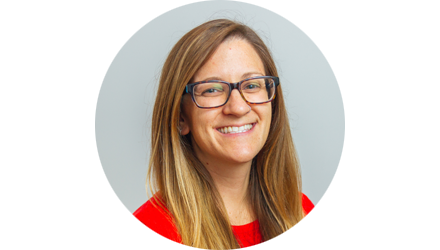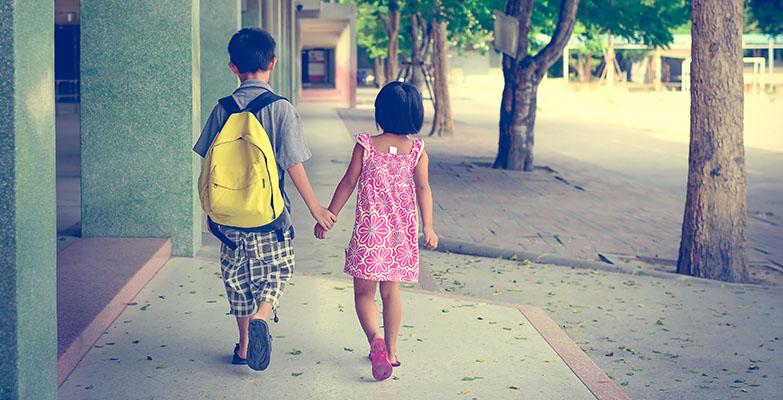The hands-off approach allows children to make their own choices and practice being self-sufficient.
Are parents free to make their own choices about how to raise their children?
Two parents who are being investigated for neglect after letting their 10-year-old son and 6-year-old daughter walk home alone from a park would probably argue no.
Danielle and Alexander Meitiv practice “free-range” parenting, which is a hands-off approach that allows children to make their own choices and practice being self-sufficient. It’s the opposite of the “helicopter” parent, who can be described as overbearing.
The Meitiv’s have made headlines recently after police picked up their children, Rafi and Dvora, as they walked home from a park about a mile from their house in Silver Spring, Md.
Danielle told the Washington Post that they wouldn’t have let them walk home if they “didn’t think they were ready for it.”
The children are allowed to go on walks alone together, and have ventured around the neighborhood, to a nearby convenience store and to the library that is almost a mile away, according to the article.
After the police returned Rafi and Dvora to their home and spoke to their parents, Montgomery County Child Protective Services showed up. Though CPS couldn’t comment on the specific case, a spokeswoman told the Washington Post that the government agency’s neglect investigations usually focus on “whether there has been a failure to provide proper care and supervision.”
Maryland state law says “a child younger than eight cannot be left alone” and children between eight and 12 “may not be left to care for children under the age of eight.”
Most places don’t have a minimum age, according to Lenore Skenazy, the founder of Free-Range Kids. She told KIWI that most laws say that children cannot be left in a dangerous situation, and that the issue there is that not everyone considers the same things to be dangerous.
“The most dangerous activity isn’t walking outside, it’s getting into a car,” Skenazy said. It’s a risk people are willing to take, but “we’ve dangerized kids going outside.”
Despite the law, the Meitiv’s said that what CPS might consider neglect, they believe is “an essential part of growing up and maturing.”
Skenazy agrees. “We totally underestimate what kids can do, how competent they are, and overestimate the dangers.”

